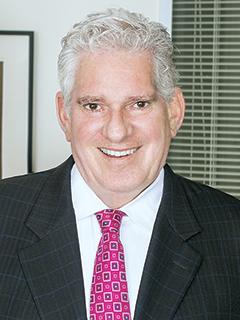
The family of a deceased resident has the means to pay a past due bill for services provided, yet refuses to pay. How should we proceed?
If the family has control over the resident’s assets, then your best approach is to make a claim against the resident’s estate. There are local rules related to when you can file such a claim.
If the executor of the estate is presented with a valid claim, the executor has a duty to pay all debts of the deceased resident. You should consult a local lawyer who knows the procedures in the probate court.
If the executor of the estate refuses to pay a valid debt owed by the deceased resident, then your lawyer may need to file a claim to the court and seek the judge to order the executor to pay the claim. If there is no basis for the executor to challenge the claim, then the executor likely will pay the claim from estate assets.
If the family did not improperly take the resident’s assets or if the resident has no assets, the path you need to maneuver is complicated. You will need legal counsel to file a claim against the family so that a judge would order them to pay you from their own assets.
If someone from the family improperly took assets from the resident, the executor to the estate or some governmental prosecutor will have to prove the improper conduct, and whether you can receive payment.
The ability to collect from family member assets is difficult and tenuous. If a family member agreed to pay the provider for services rendered from their own assets, such an agreement may not be enforceable against the family member, depending on the circumstances surrounding the execution of an agreement for the family member to become a responsible party.
Please send your legal questions to John Durso at [email protected].
From the March 1, 2019 Issue of McKnight's Long-Term Care News




